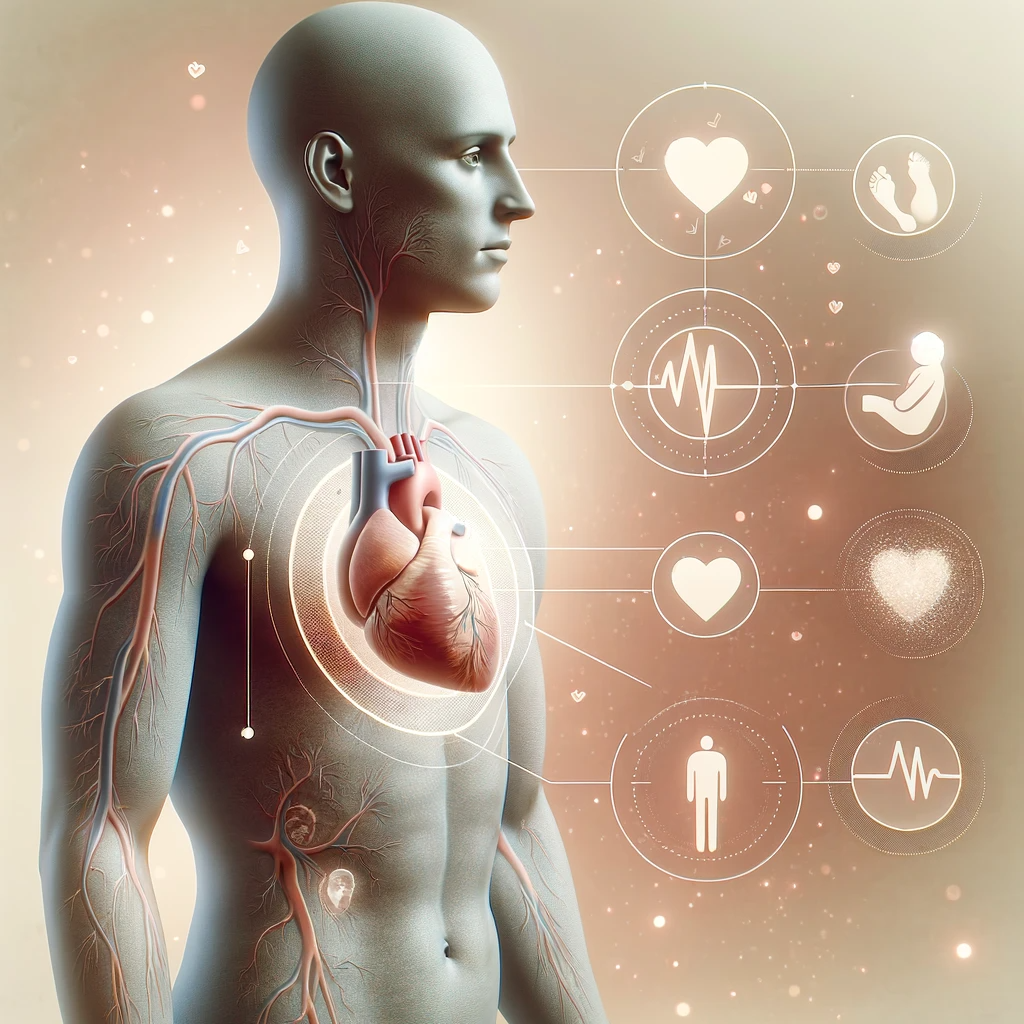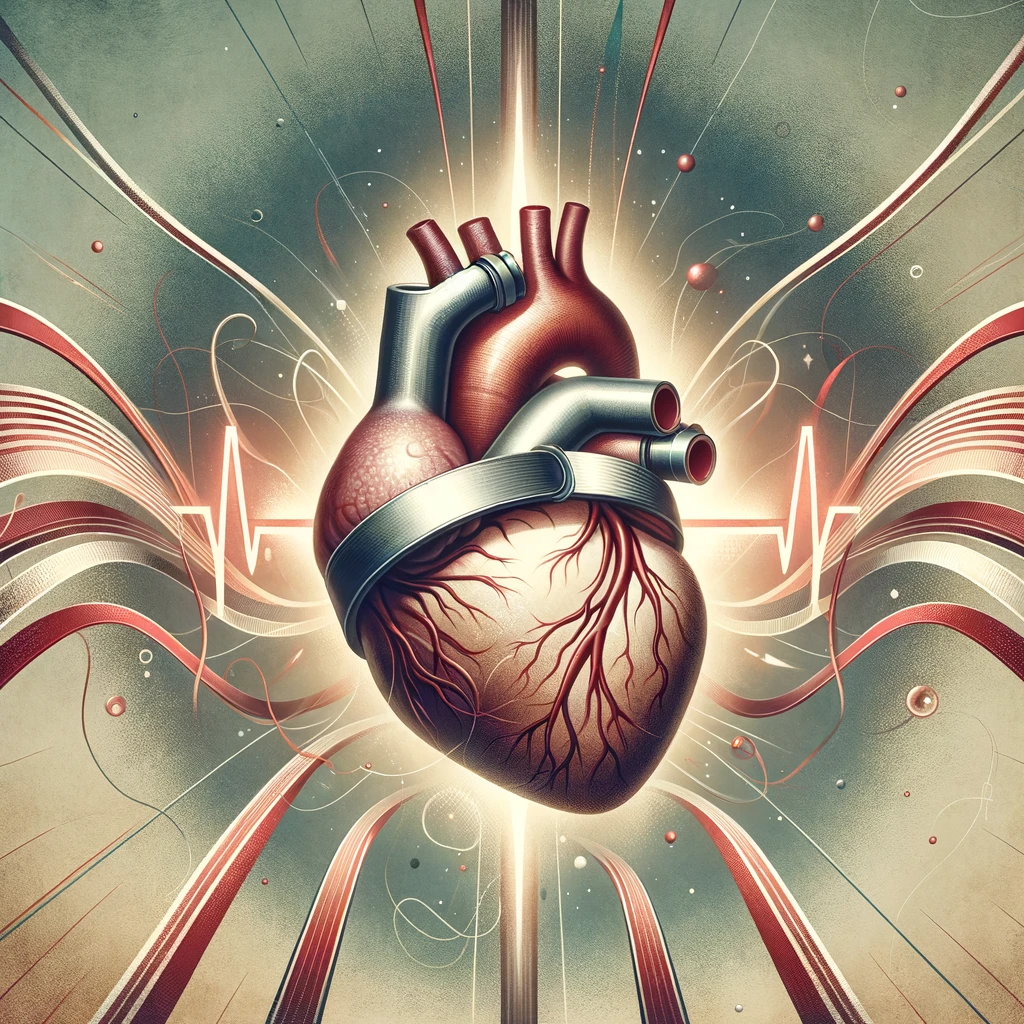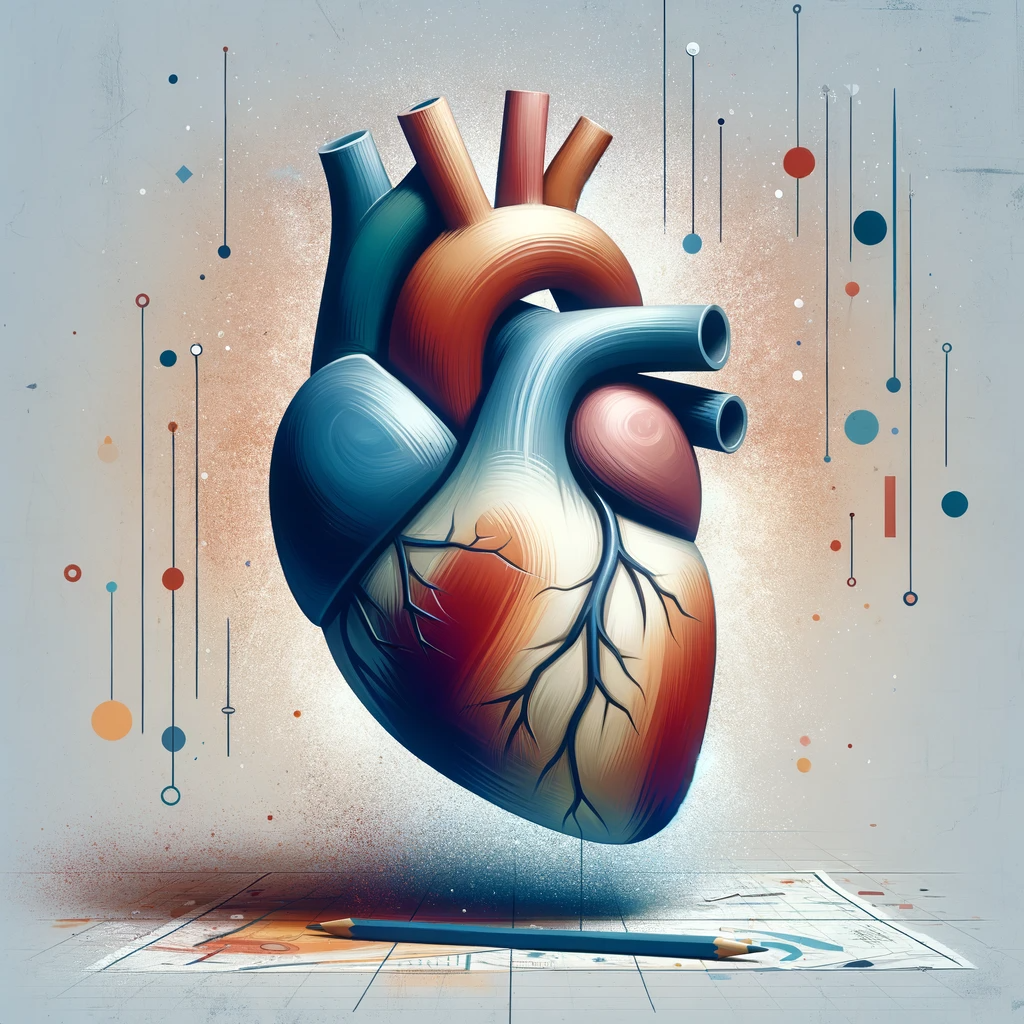Congestive Cardiac Failure (CCF), also known as congestive heart failure, is a condition where the heart’s function as a pump is inadequate to meet the body’s needs. Recognizing the symptoms of CCF is crucial for early diagnosis and treatment. This blog post will delve into the various signs and symptoms associated with CCF, offering insights into this critical health issue.
Key Symptoms of CCF
Shortness of Breath: One of the most common symptoms of CCF is difficulty breathing or shortness of breath. This can occur during physical activities or even at rest in more severe cases.
Fatigue and Weakness: People with CCF often experience tiredness and weakness, making it challenging to perform everyday activities.
Swelling (Edema): CCF can cause fluid to accumulate in the body, leading to swelling in the legs, ankles, and feet.
Rapid or Irregular Heartbeats: The heart may compensate for its lack of efficiency by beating faster, which can lead to palpitations or irregular heartbeats.
Persistent Cough or Wheezing: A cough that produces white or pink blood-tinged mucus can be a sign of CCF.
Increased Need to Urinate at Night: Frequent urination during the night can be a symptom of CCF.
Swelling of the Abdomen (Ascites): CCF can cause fluid accumulation in the abdominal area.
Sudden Weight Gain: Rapid weight gain from fluid retention is a common sign of CCF.
Lack of Appetite and Nausea: Feeling full or nauseous can be symptoms of CCF, especially when the digestive system receives less blood flow.
Difficulty Concentrating or Decreased Alertness: Reduced blood flow to the brain can cause these symptoms.
Early Signs and Advanced Symptoms
It’s important to recognize the early signs of CCF, such as mild fatigue or shortness of breath during physical activities, to seek timely medical intervention. In advanced stages, symptoms like severe breathlessness even at rest, significant swelling, and rapid weight gain can occur.
Differences Between CCF and Other Heart Conditions
While CCF shares symptoms with other heart conditions, it is distinct in its causes and treatment. Understanding these differences is crucial for appropriate care.
When to See a Doctor
If you experience any of the symptoms mentioned above, especially if you have a history of heart disease, it’s important to consult a healthcare professional. Early diagnosis and treatment can significantly improve the quality of life for individuals with CCF.
Conclusion
Recognizing the symptoms of Congestive Cardiac Failure is the first step towards managing this condition. If you suspect you or a loved one may be experiencing signs of CCF, seek medical advice promptly. Remember, early detection and treatment can make a significant difference.


